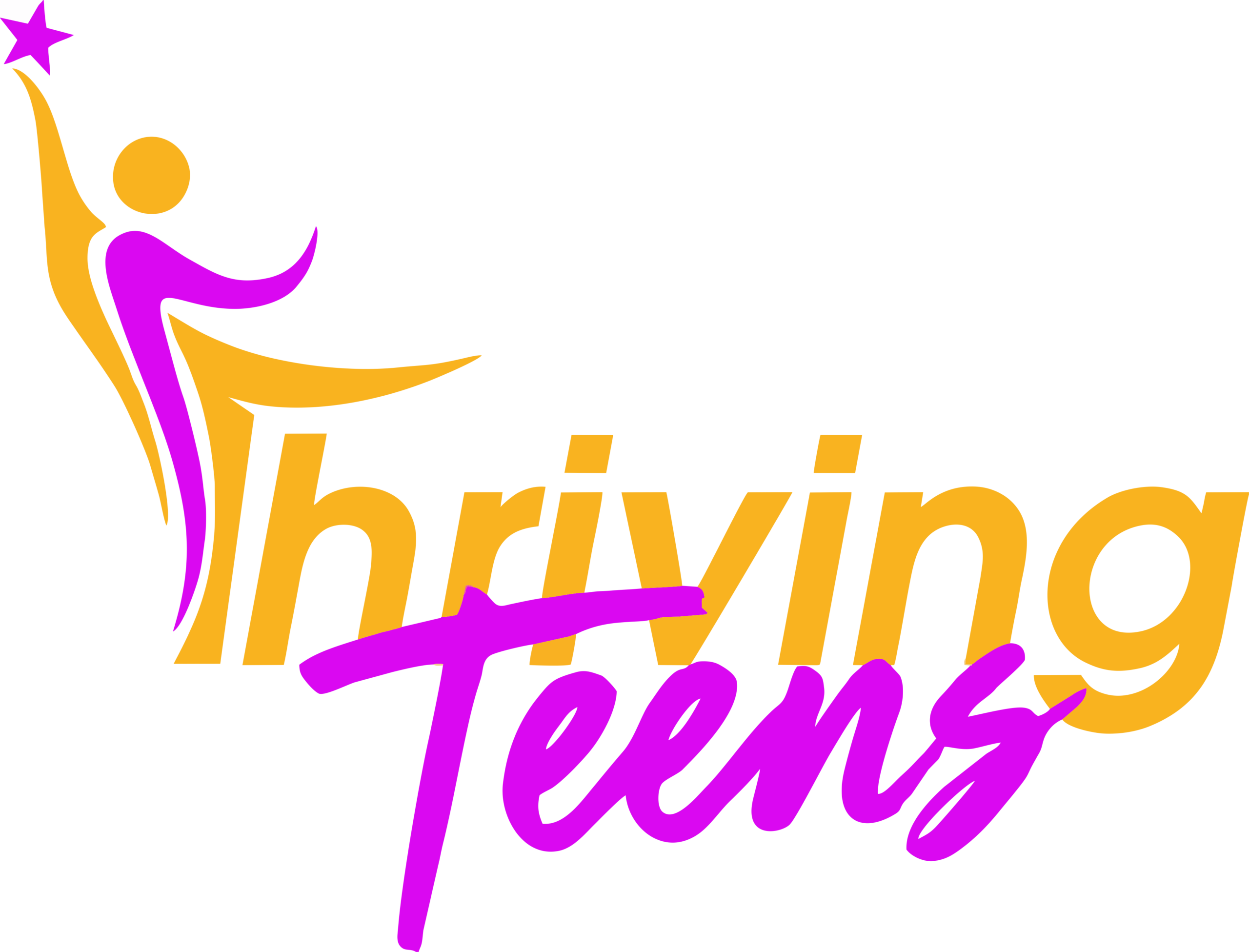Prevention
Lifestyle changes that can help treat hypertension are also the same measures that help prevent it. Weight control, a low sodium diet and regular physical activity are important steps. Otherwise controlling the condition that is causing the hypertension, ultimately prevents it.
Diagnosis
When you visit your doctor, you will undergo a physical examination and answer a battery of questions. Your Blood Pressure (BP) will be taken. For a diagnosis of high blood pressure, your blood pressure must be higher than normal when measured during at least three visits to the doctor.
If you are diagnosed with high blood pressure, it’s important to determine whether it’s primary or secondary. These tests might be used to look for another condition that could be causing your high blood pressure: blood tests, urinalysis, echocardiogram and an ultrasound.
Ambulatory monitoring can confirm the diagnosis to help rule out blood pressure that is temporarily raised because you are nervous at the doctor’s office (white-coat hypertension). This involves you temporarily wearing a device that measures blood pressure throughout the day, including during sleep and various activities.
Treatment
Stage 1 (mild) hypertension can be treated with lifestyle changes, a heart-healthy diet and more exercise, before taking medications. If these measures do not work, then you need medications.
Stage 2 (severely high blood pressure) hypertension, medications will have to be prescribed, e.g. diuretics and ACEI. If obese, weigh loss might make the medications unnecessary. Treating other medical conditions might also control the blood pressure.
Self care
Lifestyle changes make the hypertension medications work better. Decrease the salt intake in the diet, encourage physical activity at least sixty minutes a day, control weight, eat a healthy diet, limit the amount of time spent on TV, computer and other devices, and get the family involved by setting a good example. Play together, eat healthier together, create family fun together,
What should I know as a teen about hypertension
Do not hesitate to educate yourself about what tests you will need, will you need medications, what foods you should avoid, what is an appropriate level of physical activity for you, how often you need to schedule appointments to check your blood pressure, should you monitor your blood pressure at home, should you see a specialist and can you get brochures or other printed material and what websites would your doctor recommend for you.
Your doctor may review your family history to know your birth history (were you premature or underweight at birth), does anyone in your family smoke and what is the pattern for your blood pressure readings.

